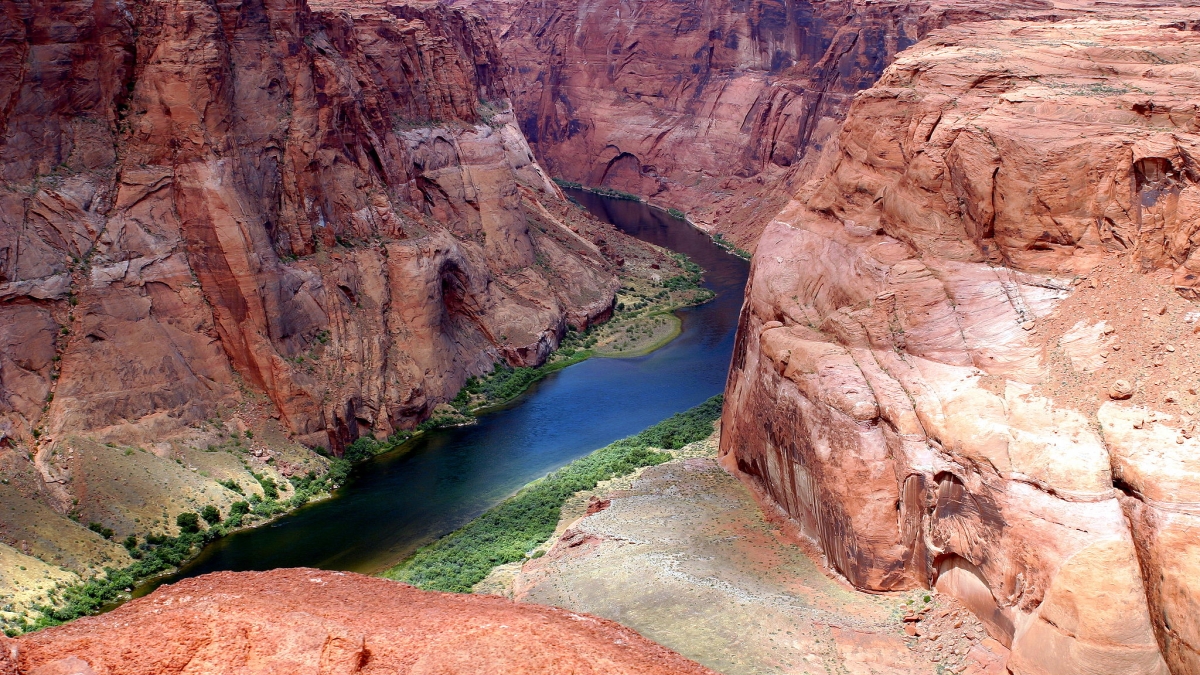Forum on water to link students, international experts

Politics doesn’t typically come to mind when you think about water; neither does water come to mind when you consider economics. However, when you turn on the tap in Phoenix, what flows into your glass is a culmination of decades of decisions involving water, crossing state lines, international borders and the steps of the Supreme Court.
The rapid growth of business and urban centers in Phoenix and Las Vegas, the agricultural bounty of California and recreation throughout the region have all depended on the carefully balanced negotiation of water rights and environmental considerations. Unfortunately, despite technological and architectural ingenuity, changing climate and a rising population threaten freshwater resources and ecosystems not just in the arid West, but globally.
Promoting discussion of the challenges ahead and the development of more sustainable water practices, Arizona State University’s College of Liberal Arts and the Southwestern and Rocky Mountain Division of the American Association for the Advancement of Science are bringing together experts, students and the public for the one-day forum “Adapting to a water-stressed West” on Nov. 4.
Six western states work with Arizona along the 1,450 mile Colorado River corridor that extends from the Rocky Mountains to the delta in Mexico. Invited speakers include hydrologists, economists, ecologists and resource, sustainability and policy experts from ASU, University of Arizona, The Pacific Trust in California and The Delta Water Trust in Mexico.
“Seeing the Colorado River flowing freely into the sea was the reason why I transitioned from economist to conservationist,” notes forum speaker Yamilett Carrillo, the director of The Delta Water Trust, which seeks to restore river flow to the sea. “I am very fortunate that I saw the river when it was a healthy, living river bringing life back to its delta ecosystem. Later, I saw its flows dwindling, the floodplain drying out and the Cucapa Tribe suffering the loss of their river. Since then, I have worked in water conservation and wetland restoration projects in the delta because I know how resilient this ecosystem and its people are.”
The forum also includes a student poster session and a demonstration of the Decision Theater – Water Simulation program developed by Decision Center for a Desert City. The student posters will be judged and the first place winner will receive the Robert I. Larus Award. This award includes an all-expense paid trip to the 2014 AAAS national meeting in Feb. 13-17 in Chicago, where the winner will present their poster.
The deadline for submission of a poster abstract is Monday, Oct. 21. To register for the event or the poster competition, visit https://clas.asu.edu/aaas-swarm.